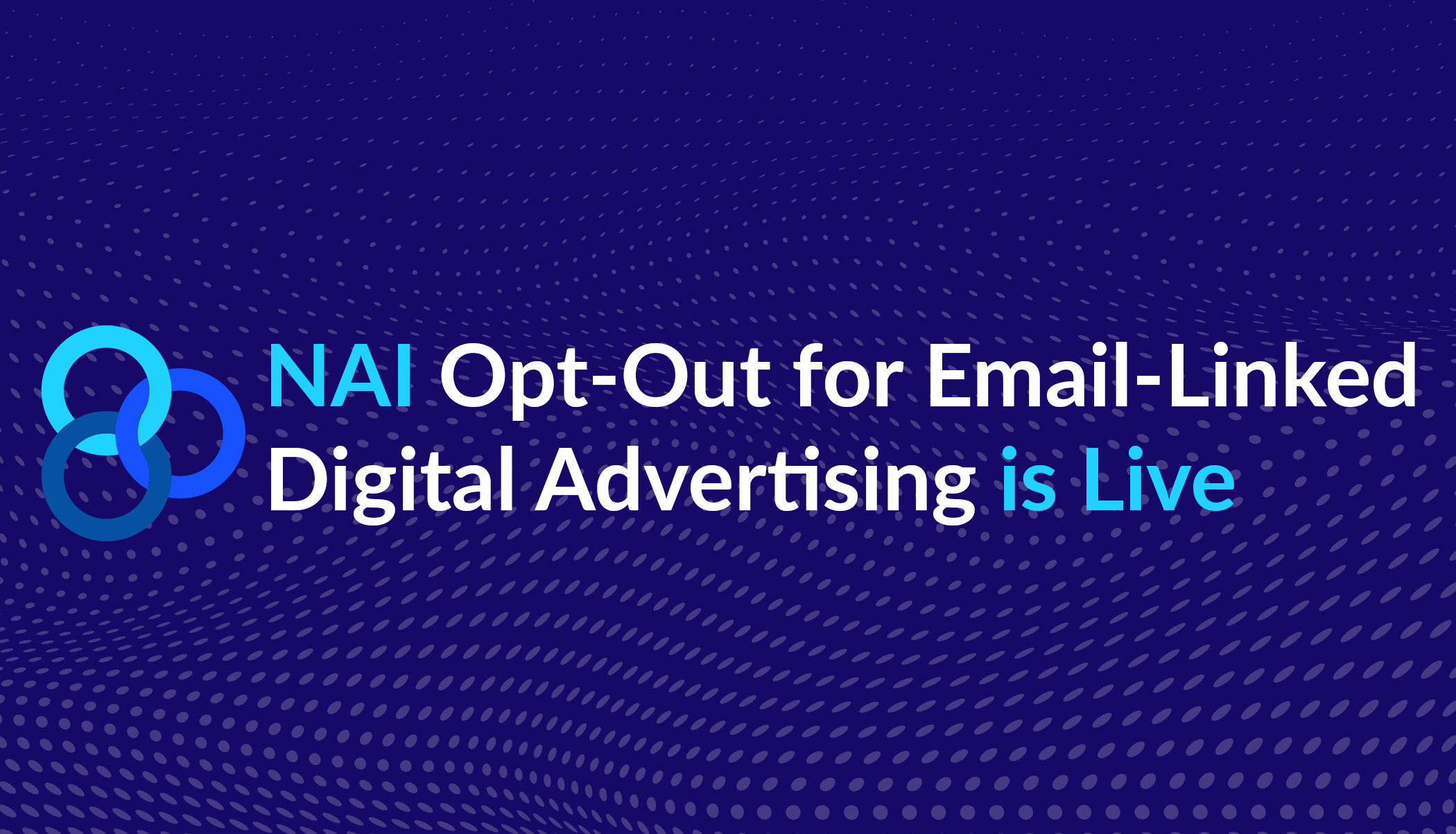New Survey Shows Growing Consumer Acceptance of Mobile Tracking – Will Industry Meet Consumer Education and Choice Challenges?
According to a post on Adotas, a recent survey of 1,000 consumers by the firm Punchtab found that “nearly a third of consumers (27%) say they are likely to allow retailers to track their mobile location in exchange for valuable coupons, shorter checkout times and sales promotion.” In addition, “while privacy was the primary concern against mobile tracking followed by excessive marketing, a growing number of consumers are embracing location-based offers as long as there is something tangible to be gained in doing so.”
The potential benefits of the responsible use of location information for both brands and consumers are very exciting. I’m thrilled that many consumers are embracing the use of location data and understanding the value exchange.
As the article points out, mobile tracking creates legitimate privacy concerns, particularly if a profile is created about a user’s precise location over time. I’m pleased that devices and platforms offer consumers tools to control how and when location data is collected and shared.
I completely agree with the author that it is incumbent on industry to educate consumers and offer users choices about how their location data may be collected, used, and shared. Choice is critical.
However, as a privacy lawyer, I do want to caution against placing a disproportionate amount of emphasis on the opt-in versus opt-out debate. The author places a strong emphasis on opt-in policies but, as every consumer advocate knows, a poorly executed opt-in mechanism can be far worse for privacy than a well-developed and easy-to-use opt-out tool. It is not that difficult to encourage consumers to click a button, and if you are going to the effort to ask for consent, some may seek opt-in consent for everything.
To be certain, opt-in consent can be important and NAI requires its members to obtain opt-in consent for the use of precise location information for Interest-Based Advertising. NAI also believes that we need a thoughtful and comprehensive set of industry best practices for the collection and use of sensitive categories of data and that includes precise location information. We should have self-regulatory standards around choice, transparency, data use, data retention, and information security, and then back up those standards with compliance and accountability.
The possibilities for consumers and business alike are endless if we as an industry do this right. If we don’t do it right, not only are we are looking at a future of Congressional hearings, proposed regulations and legislation and state and federal enforcement actions, but worst of all we may lose consumers’ confidence.
Do you want to be part of the solution? Then join us!








